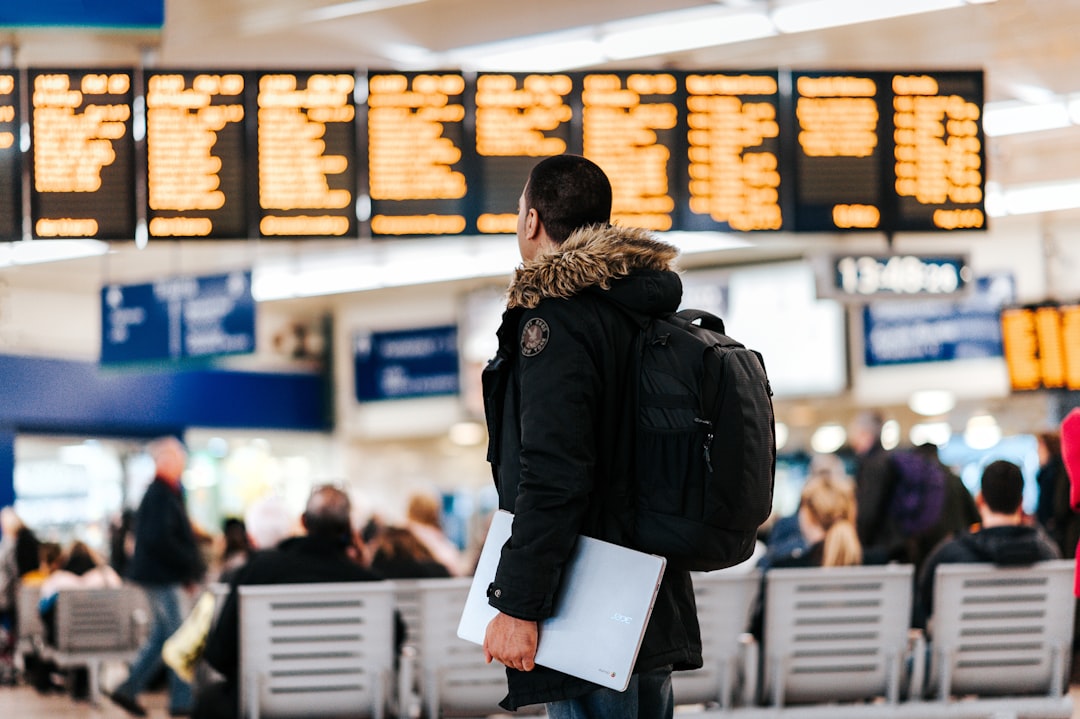The Thrill of Adventure: Why Travel is the Ultimate Classroom

In an era dominated by screens and instant gratification, the age-old practice of travel emerges not just as a pastime but as a transformative experience that educates, inspires, and rejuvenates the spirit. Travel is the ultimate classroom, offering lessons that no textbook can teach. From the bustling markets of Marrakech to the serene beaches of Bali, the world is a tapestry of cultures, histories, and experiences waiting to be explored.
Consider this: when you step foot in a new country, you’re not just visiting a location; you’re immersing yourself in a different way of life. Each destination has its own unique story, and the best way to understand these stories is through direct experience. Traveling allows you to learn about diverse customs, traditions, and perspectives that broaden your worldview. The smells of street food, the sounds of foreign languages, and the sights of breathtaking landscapes combine to create an educational experience that transcends any formal curriculum.
But why is this experiential learning so important? In our fast-paced world, many of us find ourselves stuck in routines that dull our senses and creativity. Travel, in contrast, is an antidote to monotony. It invites spontaneity and discovery. Imagine wandering through the ancient ruins of Rome, where every crumbling stone whispers tales of emperors and gladiators. Or perhaps, hiking through the Amazon rainforest, you might encounter flora and fauna that challenge your understanding of biodiversity. Each moment becomes a lesson, igniting curiosity and sparking the kind of engagement that traditional education often lacks.
Moreover, travel fosters adaptability and problem-solving skills. Navigating a foreign city requires quick thinking and resourcefulness—whether it’s deciphering a public transport system or ordering food in a language you barely understand. These skills are invaluable, not just for travel, but in life’s myriad challenges. They teach you to embrace uncertainty and view obstacles as opportunities for growth.
Additionally, traveling has profound psychological benefits. Studies show that experiencing new environments can significantly reduce stress and enhance overall well-being. The anticipation of a trip can increase happiness levels long before you even set foot on a plane. Traveling provides a necessary escape from the daily grind, allowing you to reset your mind and return home with renewed energy and perspective.
On the financial front, it’s a common misconception that travel is an expensive endeavor reserved for the wealthy. With a little creativity and planning, it can be budget-friendly. Consider camping in national parks, utilizing travel rewards programs, or exploring off-season destinations. For those seeking luxury, the world of travel offers an abundance of high-end experiences that cater to comfort and opulence. However, even the most lavish trips can incorporate unique local experiences that ground you in the culture, such as private cooking classes or guided tours of historic sites.
As the world evolves, so do travel trends. In recent years, eco-friendly travel has gained traction. More and more travelers are seeking sustainable options that minimize their environmental footprint. This includes choosing eco-lodges, participating in conservation activities, and making conscious decisions about transportation and dining. It’s not just about seeing the world; it’s about protecting it for future generations.
In conclusion, the world of travel is rich with possibilities that extend far beyond sightseeing. It is a journey of learning, growth, and self-discovery. Whether you’re lounging on a beach, scaling a mountain, or getting lost in a city, every experience adds another chapter to your personal story. So pack your bags, open your mind, and let the adventures begin. The classroom is waiting, and the world is your syllabus.
Adventure Awaits: Choose Us for Unforgettable Journeys!
Recent posts
-
 Wanderlust on a Budget: Discovering the World Without Breaking the Bank
Wanderlust on a Budget: Discovering the World Without Breaking the Bank -
 From Couch to Trail: A Hilarious Guide to Outdoor Adventures for the Reluctant Explorer
From Couch to Trail: A Hilarious Guide to Outdoor Adventures for the Reluctant Explorer -
 The Thrill of Adventure: Why Travel is the Ultimate Classroom
The Thrill of Adventure: Why Travel is the Ultimate Classroom -
 Embrace the Wild: A Journey into the Heart of Outdoor Adventure
Embrace the Wild: A Journey into the Heart of Outdoor Adventure -
 Unlocking the World: Your Ultimate Guide to Outdoor Adventures on a Budget
Unlocking the World: Your Ultimate Guide to Outdoor Adventures on a Budget
